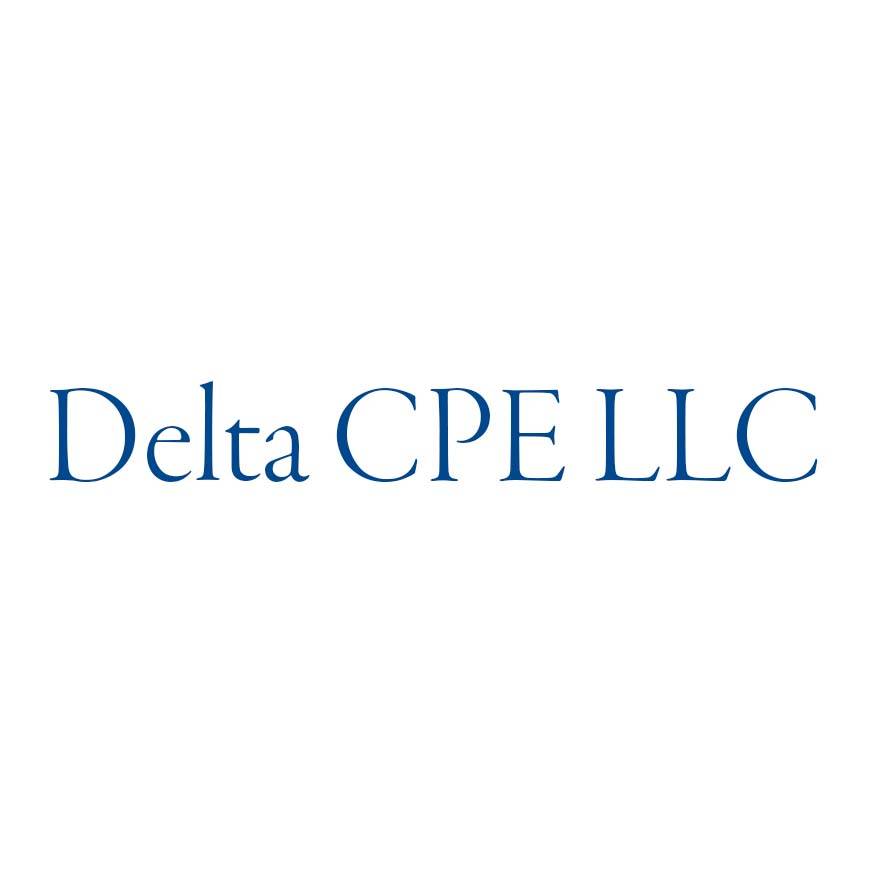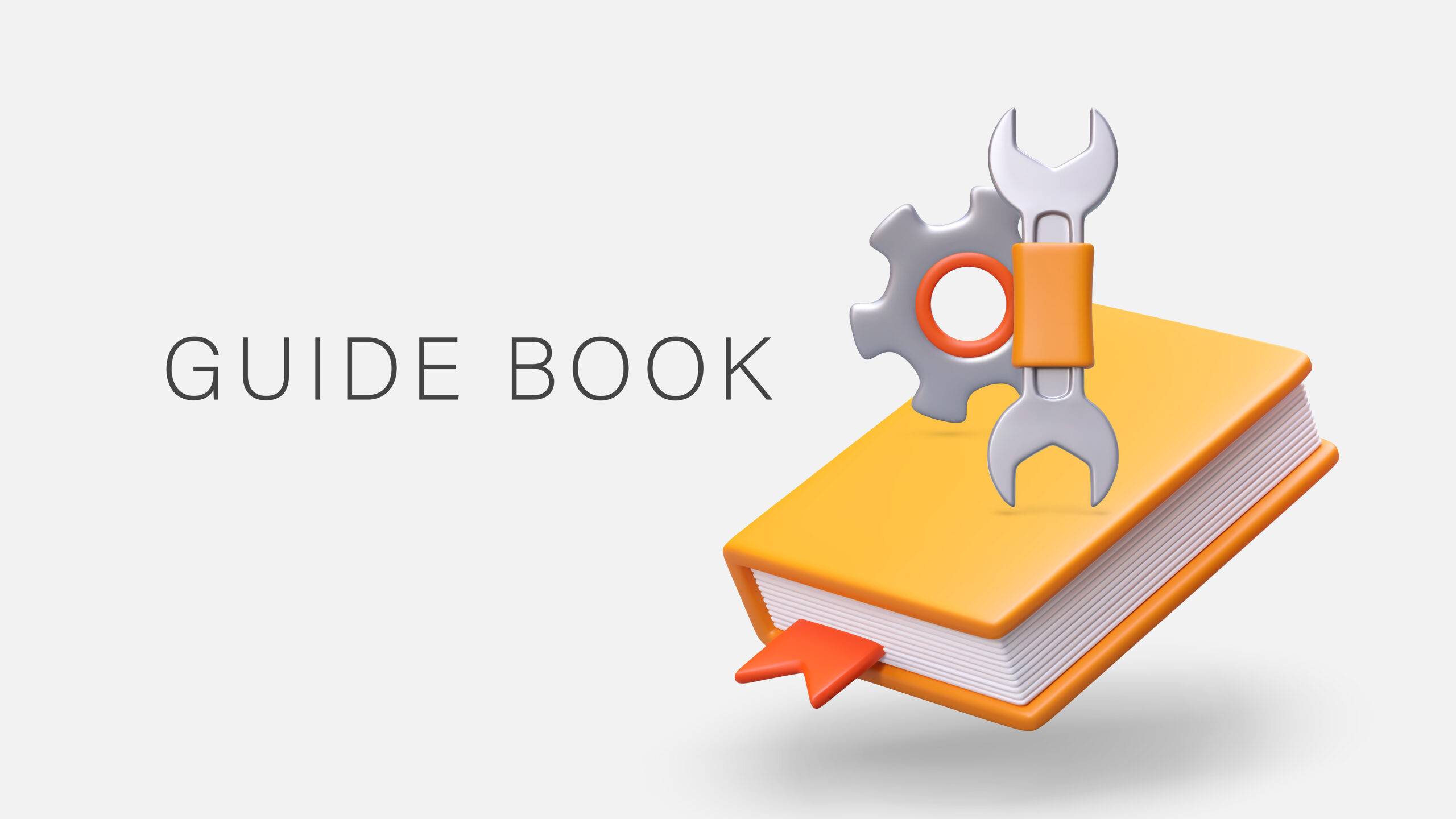Self-Study
Analysis and Uses of Financial Statements
Professional techniques for evaluating corporate health and making informed investment decisions.

$290.00 – $320.00
Webcasts are available for viewing Monday – Saturday, 8am – 8pm ET.
Without FlexCast, you must start with enough time to finish. (1 Hr/Credit)
Please fill out the form below and we will reach out as soon as possible.
CPE Credits
10 Credits: Accounting
Course Level
Overview
Format
Self-Study
Course Description
A series of recent business failures and corporate scandals where employees, investors, and other stakeholders suffered tremendous loss have made the world aware of the importance of proper recording of transactions and transaction analysis. If a company’s financial statements provide important insights into its financial health, such as financial position, growth potential, and profitability, the transactions must be analyzed and recorded in the accounts following generally accepted accounting principles.
Analysis and Uses of Financial Statements is designed for interested parties who must understand how to read, interpret, and analyze financial statements. This financial reporting CPE course describes in clear, concise, and understandable language the intricacies of financial statements, and their use by investors, creditors, analysts, and other interested parties. This accounting CPE course can enhance your chance for success in business and investing; by enabling you to profit from the knowledge, insights, and perceptions of professionals who use financial statement analysis tools and techniques on a day-to-day basis. Realistic examples, real-life cases, and illustrations of financial statement analysis are widely used in this financial reporting CPE to make the subject matter crystal clear. That is the major objective of this course.
Learning Objectives
Upon successful completion of this course, participants will be able to:
Chapter 1
- Identify the underlying assumptions or concepts of accounting
- Recognize the major principles of accounting
- Identify key components of the FASB Conceptual Framework
- Recognize the importance of internal control over financial reporting
- Identify the objective of financial statements
- Recognize the use of interim financial statements
Chapter 2
- Identify the balance sheet accounts portraying a company’s financial position
- Recognize the components of stockholders’ equity
- Identify the elements of the income statement
- Recognize the purpose of the statement of comprehensive income
- Identify the most important items on the statement of cash flows
- Recognize the importance of notes to financial statements
- Identify the annual report components
- Recognize common techniques used to manipulate financial statements
Chapter 3
- Identify methods used in comparative analysis
- Recognize the basic components of ratio analysis
Chapter 4
- Recognize and apply different liquidity ratios used to determine the ability to pay off current debt obligations
- Identify events that could affect a company’s liquidity
Chapter 5
- Identify and apply ratios used to analyze a company’s capital structure
- Recognize key concepts of operating leverage
Chapter 6
- Recognizes ways to evaluate a company’s quality of earnings
- Identify and apply key ratios related to profitability
- Identify and apply the major ratios used to evaluate the cash flow of a company
Chapter 7
- Recognize the importance of earnings per share
- Identify and apply ratios used to measure market strength of a company
Course Specifics
SS124390559
July 10, 2024
Basic Math
None
243
Compliance Information
CMA Notice: Western CPE makes every attempt to maintain our CMA CPE library, to ensure a course meets your continuing education requirements please visit Insitute of Management Accountants (IMA)
CFP Notice: Not all courses that qualify for CFP® credit are registered by Western CPE. If a course does not have a CFP registration number in the compliance section, the continuing education will need to be individually reported with the CFP Board. For more information on the reporting process, required documentation, processing fee, etc., contact the CFP Board. CFP Professionals must take each course in it’s entirety, the CFP Board DOES NOT accept partial credits for courses.
Meet The Experts

For many years, Delta CPE LLC has offered a wide variety of continuing education courses for financial professionals. Topics covered by Delta’s courses include accounting, financial management, budgeting, investments, financial statement reporting, business management, IFRS, ethics, valuations, real estate, and business writing. The diversity and breadth of Delta’s course offerings make the company a prolific and unique contributor to the CPE world. Delta’s well-credentialed authors and contributors have also been published in numerous academic and professional journals and quoted by some of the leading financial media outlets.
Related Courses
-
 Accounting
Accounting
Accountants’ Guidebook
Steven M. Bragg, CPA QAS Self-Study
Credits: 30 $600.00
QAS Self-Study
Credits: 30 $600.00$600.00 – $640.00
-
 Accounting
Accounting
Accounting Fraud: Recent Cases
Joseph Helstrom, CPA QAS Self-Study
Credits: 1 $29.00
QAS Self-Study
Credits: 1 $29.00$29.00 – $49.00
-
 Accounting
Accounting
GAAP Guidebook
Steven M. Bragg, CPA QAS Self-Study
Credits: 29 $580.00
QAS Self-Study
Credits: 29 $580.00$580.00 – $620.00
